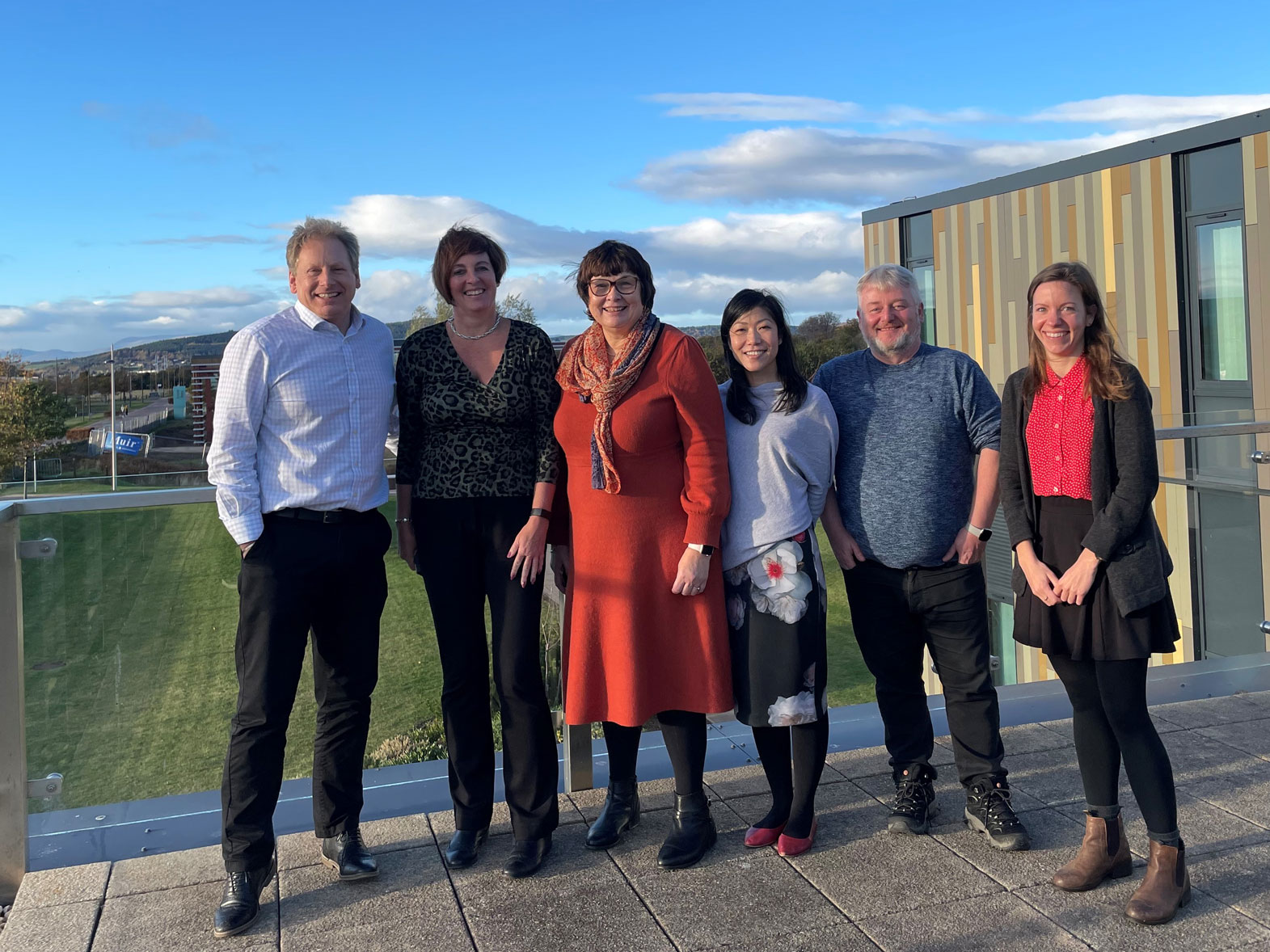Experts from the University of Nottingham are part of a project awarded funding to make the prescribing of medicines in Scotland more sustainable.
In a UK first, the University of Nottingham's School of Pharmacy and NHS Highland, the University of the Highlands and Islands – Environmental Research Institute (UHI-ERI), have been awarded a £100,000 Medical Research Council grant to develop a framework for an eco-directed formulary that will incorporate environmental data on medicines into the prescribing process, alongside clinical and cost effectiveness.
Pharmaceutical pollution is a well-recognised global public health and environmental issue. This can negatively impact the environment through water pollution and large carbon emissions with medicines contributing 25% of the NHS carbon footprint.
Pharmaceuticals enter the water environment when people taking medicines go to the toilet (between 30-100% of a dose is excreted), and when partially used or expired medicines are inappropriately flushed down toilets/sinks instead of being returned to a pharmacy for proper disposal. Wastewater treatment facilities were not designed to remove such pollutants from wastewater, and medicines like antibiotics, anti-inflammatories and anti-depressants have been detected in rivers and lochs in Scotland. Medicines have biological effects on our bodies, and may have similar effects on aquatic life.
Each health board has a list of preferred prescribing choices for clinicians called a formulary. Currently these formularies consider patient safety, clinical effectiveness, and cost effectiveness, but they do not consider the environmental impact of a medicine.

This project will build on activity of the cross-sector One Health Breakthrough Partnership (OHBP) – a collaboration between NHS Highland, Scottish Water, the Scottish Environment Protection Agency (SEPA), UHI-ERI, the James Hutton Institute, and the Centre of Expertise for Waters (CREW). It will use a novel visualisation tool launched by SEPA on behalf of the OHBP, which includes data on medicines detected in the Scottish water environment and NHS Scotland prescribing data. The tool was designed to help develop a better understanding of the link between medicine use and pharmaceutical pollution in the environment.
With this funding, researchers will adopt a novel, trans-disciplinary approach integrating public health, environmental science, and social science methods and data. A framework will be developed to help decision makers take account of the environmental impact of a medicine, along with environmental monitoring data, excretion profiles, and wastewater information (e.g., how much gets removed during wastewater treatment). The framework will enable better informed and more sustainable prescribing choices, while at the same time ensuring the chosen medicines will result in the desired clinical outcomes.
Professor Claire Anderson from the University of Nottingham's School of Pharmacy will be working on this project alongside Assistant Professor Naoko Arakawa. They will lead focus group work with the public and consensus development work with stakeholders and prescribers.
With climate change and our impact on the environment in the spotlight this week during COP27 I am delighted to be working on such an important project for healthcare. This research will generate new knowledge sharing and awareness of the environmental impact of medicines, and help benefit the NHS, prescribers, patients, and the environment we rely on. It has the potential for both UK and global impact on the choices that health professionals make about which medicines to include in formularies.
This is a first step towards improvement of medicine prescribing in Scotland to reduce pharmaceutical pollution. The research will generate new knowledge sharing and awareness of the environmental impact of medicines, and help benefit the NHS, prescribers, patients, and the environment we rely on.






